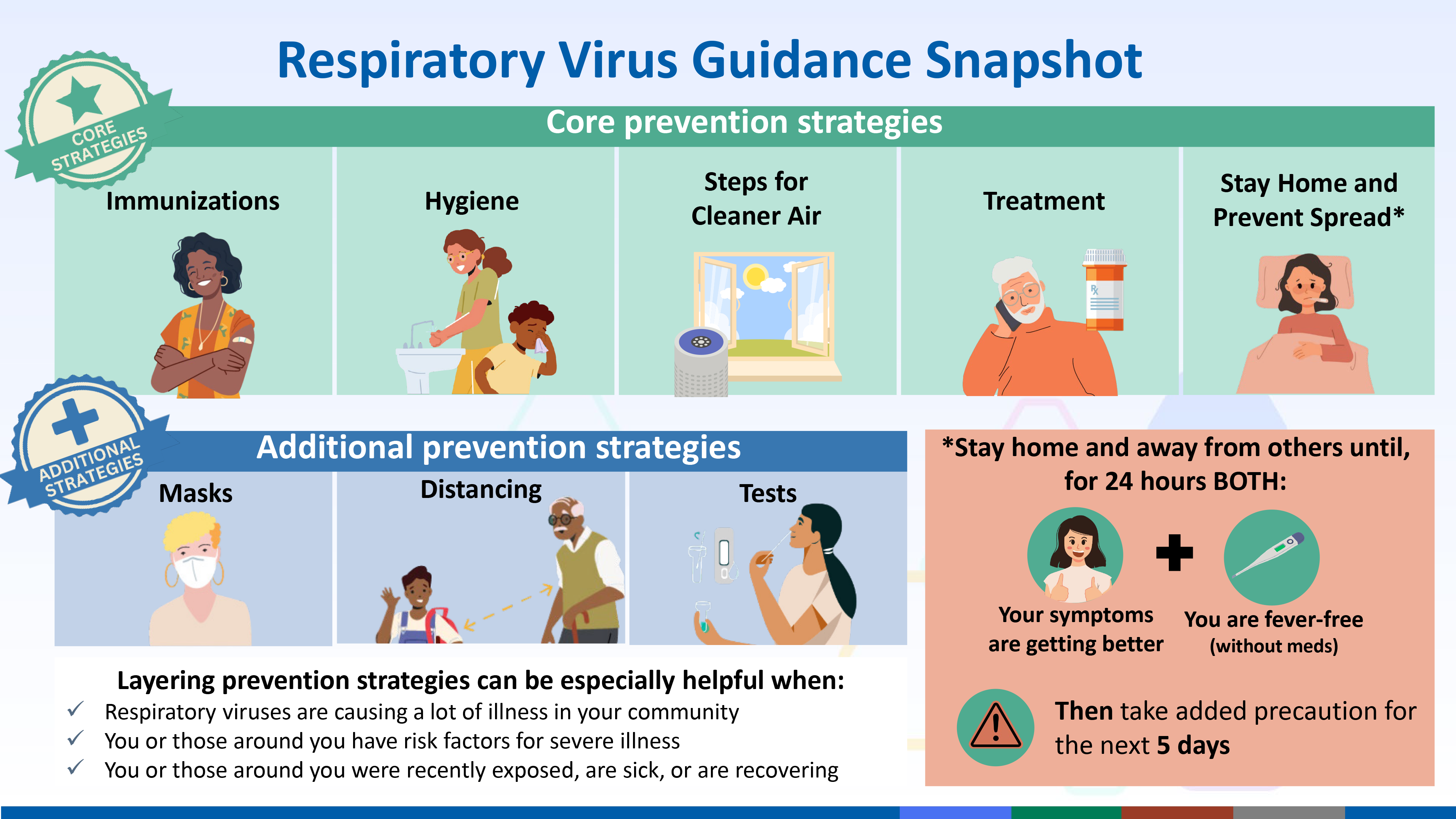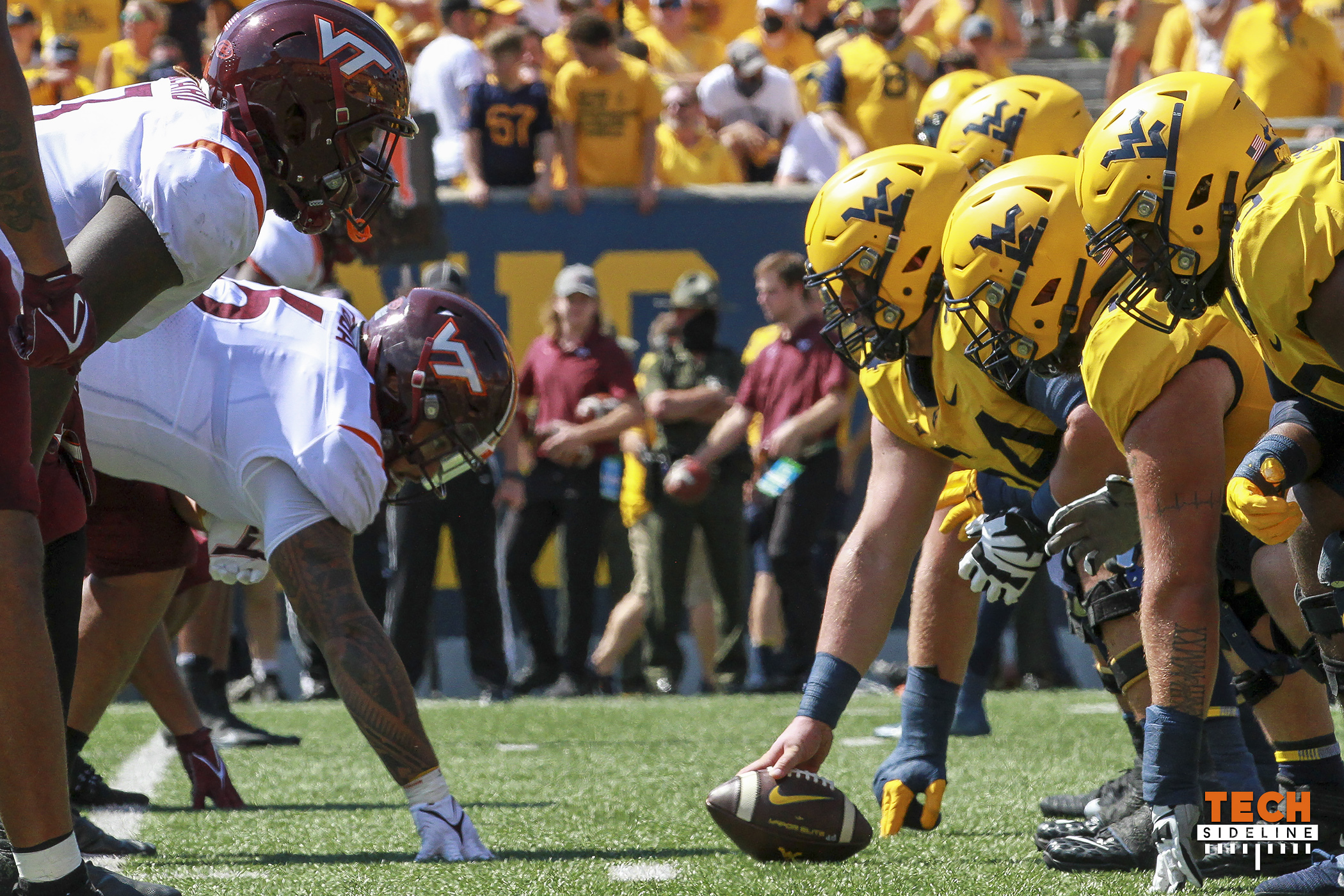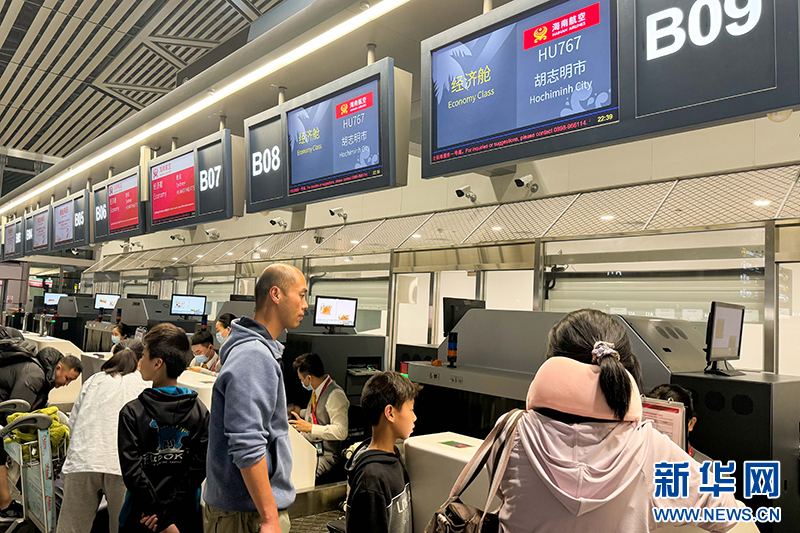DOJ Vs. Live Nation: Examining The Case Of Venue Control And Artist Contracts

Table of Contents
Live Nation's Dominance in the Concert Industry
Live Nation's overwhelming presence in the concert industry is a central issue in the DOJ case. This dominance stems from its significant market share across various sectors of the live music business.
Market Share and Consolidation
Live Nation's control extends across multiple facets of the industry, making it a near-monopoly. This consolidation significantly impacts competition and potentially inflates prices for consumers.
- Percentage of ticket sales controlled: Live Nation holds a substantial portion of the ticketing market, often exceeding 70% in many regions.
- Number of venues owned: Live Nation owns and operates a vast network of venues globally, ranging from small clubs to massive stadiums, giving them unparalleled control over venue availability.
- Market capitalization compared to competitors: Live Nation’s market capitalization dwarfs that of its competitors, showcasing its significant advantage in the industry.
This consolidation allows Live Nation to leverage its power in negotiations with artists, potentially squeezing out smaller promoters and reducing the choices available to both performers and concertgoers.
Vertical Integration and Potential Conflicts of Interest
Live Nation's vertical integration, controlling various aspects of the concert industry from venue booking to artist management, creates significant potential conflicts of interest.
- Venue booking: Live Nation's ownership of numerous venues gives them preferential treatment in booking decisions, potentially disadvantaging independent artists and promoters.
- Ticketing fees: Their control over ticketing allows them to set fees and potentially inflate costs for consumers.
- Artist management: Live Nation’s management arm represents numerous artists, potentially creating conflicts when negotiating venue bookings or tour arrangements.
- Promotional activities: Their promotional reach and influence can further limit the opportunities for smaller acts and independent promoters.
This vertical integration raises concerns about fair competition and limits artists’ options in securing favorable contracts and reaching audiences.
The DOJ's Antitrust Concerns
The DOJ's lawsuit against Live Nation stems from allegations of anti-competitive practices designed to maintain Live Nation's dominant position within the concert industry.
Allegations of Anti-Competitive Practices
The DOJ alleges that Live Nation engages in monopolistic behavior that harms both artists and consumers.
- Examples of alleged monopolistic behavior: The DOJ claims Live Nation utilizes its market power to exclude competitors, manipulate artist contracts, and inflate ticket prices.
- Specific clauses in artist contracts that limit competition: The lawsuit highlights contractual clauses that allegedly restrict artists from performing at competing venues or using alternative ticketing services.
These practices allegedly violate antitrust laws designed to protect competition and prevent monopolies from stifling innovation and fair pricing.
Impact on Artists and Consumers
Live Nation's alleged actions have potentially serious consequences for both artists and concertgoers.
- Reduced artist compensation: Artists may receive lower compensation due to Live Nation's dominance in venue booking and ticketing.
- Increased ticket prices: Consumers face higher ticket prices due to reduced competition and increased fees.
- Limited venue choices for artists and fans: Artists face fewer venue options, while fans have less choice in concert venues and potentially higher costs.
The net effect is a reduction in the quality and variety of live music experiences available to consumers.
The Legal Battle and its Potential Outcomes
The ongoing legal battle between the DOJ and Live Nation features compelling arguments from both sides.
Key Arguments Presented by Both Sides
The case pits the DOJ's pursuit of fair competition against Live Nation’s defense of its business practices.
- DOJ's arguments supporting its claims: The DOJ presents evidence of anti-competitive behavior, highlighting the impact on artists and consumers.
- Live Nation's defense strategies: Live Nation argues its practices are efficient and beneficial to the industry, denying any intent to stifle competition.
The strengths and weaknesses of each side's arguments are carefully weighed by the courts.
Potential Implications for the Future of the Concert Industry
The outcome of this case will significantly reshape the concert industry.
- Scenario 1 (DOJ wins): A DOJ victory could lead to structural changes in Live Nation's business model, increased competition, and potentially lower ticket prices. Regulations regarding venue ownership and artist contracts may also be tightened.
- Scenario 2 (Live Nation wins): A Live Nation victory could solidify their dominance, potentially leading to continued concerns about reduced competition and higher prices.
Regardless of the outcome, the case will likely spur discussions on the regulation of the live music industry and the balance between business efficiency and fair competition.
Conclusion
The DOJ vs. Live Nation case shines a bright light on crucial concerns about venue control, artist contracts, and competition within the live music industry. The ruling will significantly alter the future of the concert industry, impacting artists and consumers alike. The allegations of anti-competitive practices raise serious questions about fairness and the potential for monopolistic control to stifle creativity and inflate prices. Understanding the dynamics of venue control and the intricacies of artist contracts is critical to understanding this ongoing legal battle.
Call to Action: Stay informed about the developments in the DOJ vs. Live Nation case, as it holds far-reaching implications for the future of live music. A thorough understanding of venue control and the intricacies of artist contracts is vital for anyone invested in or interested in the concert industry. Further research into antitrust law and its application to the entertainment sector is recommended to grasp the full significance of this critical legal battle.

Featured Posts
-
 Stranger Things Season 5 Sadie Sink On Challenging Filming And Character Development
May 29, 2025
Stranger Things Season 5 Sadie Sink On Challenging Filming And Character Development
May 29, 2025 -
 La Liga Hyper Motion Sigue El Real Zaragoza Vs Eibar En Directo
May 29, 2025
La Liga Hyper Motion Sigue El Real Zaragoza Vs Eibar En Directo
May 29, 2025 -
 Ipa Tramp Enantion Dikaston Synexizomeni Nomiki Maxi
May 29, 2025
Ipa Tramp Enantion Dikaston Synexizomeni Nomiki Maxi
May 29, 2025 -
 Stellantis Stlam Names Antonio Filosa Ceo A Critical Moment For The Automaker
May 29, 2025
Stellantis Stlam Names Antonio Filosa Ceo A Critical Moment For The Automaker
May 29, 2025 -
 South Australian Drought Intensified By Kangaroo Overgrazing
May 29, 2025
South Australian Drought Intensified By Kangaroo Overgrazing
May 29, 2025
Latest Posts
-
 Kawasaki Disease A Novel Respiratory Virus As The Culprit
May 30, 2025
Kawasaki Disease A Novel Respiratory Virus As The Culprit
May 30, 2025 -
 West Virginias Open Door Policy Attracting Maryland Tech Firms
May 30, 2025
West Virginias Open Door Policy Attracting Maryland Tech Firms
May 30, 2025 -
 West Virginia Welcomes Maryland Tech Companies Open For Business
May 30, 2025
West Virginia Welcomes Maryland Tech Companies Open For Business
May 30, 2025 -
 6 15
May 30, 2025
6 15
May 30, 2025 -
 Illegal Vehicle Registrations The Drain On Virginias Revenue From Maryland Drivers
May 30, 2025
Illegal Vehicle Registrations The Drain On Virginias Revenue From Maryland Drivers
May 30, 2025
